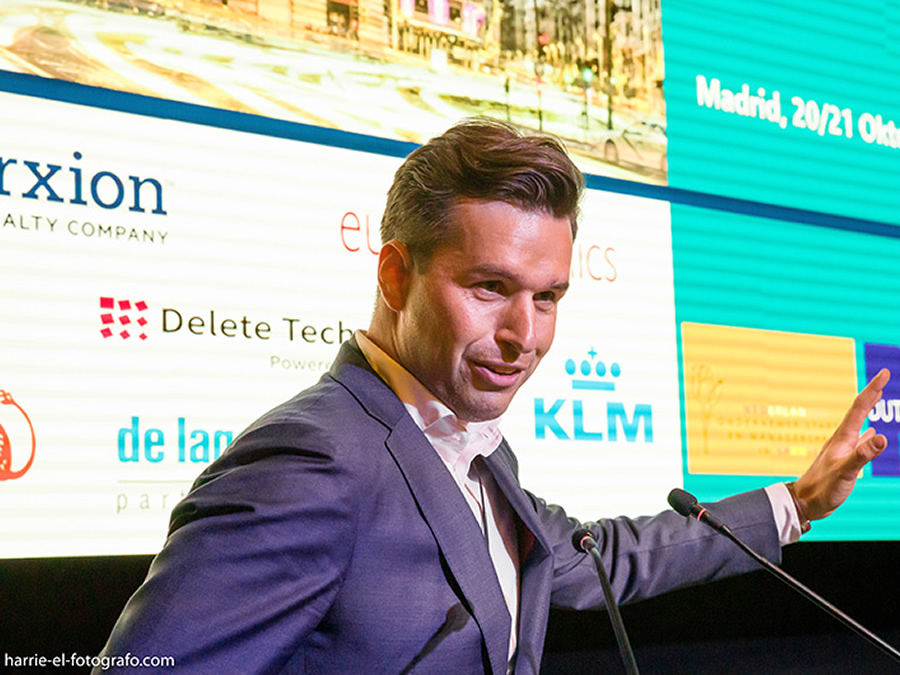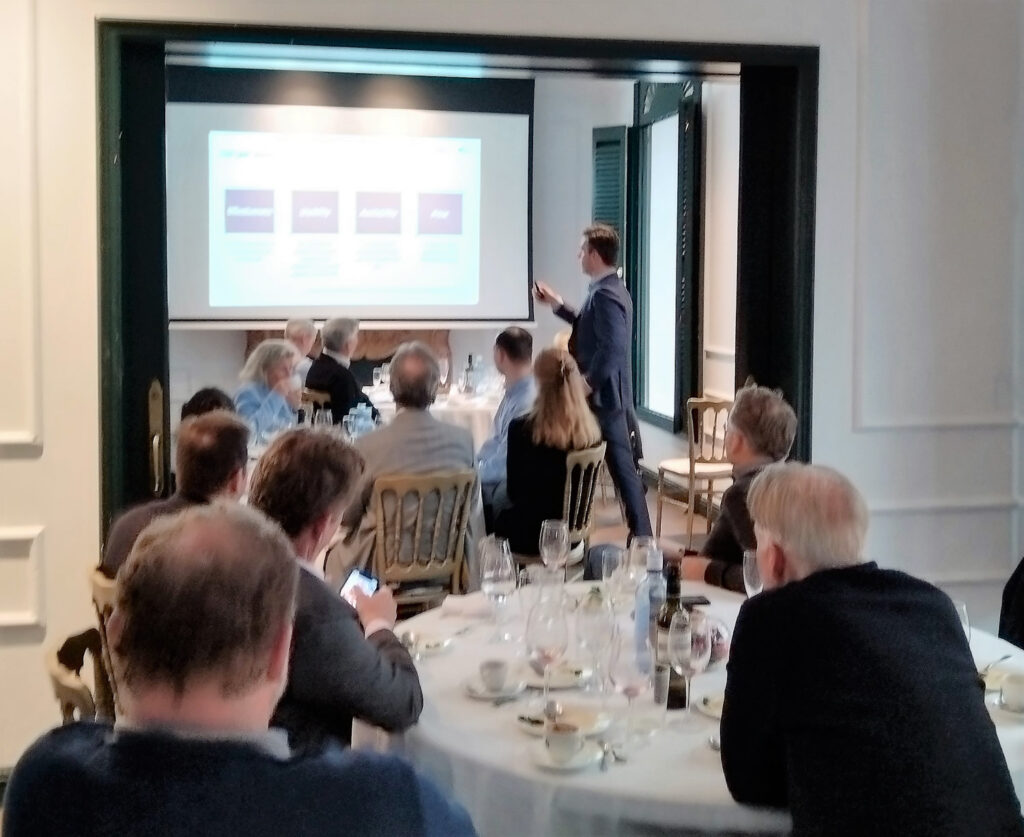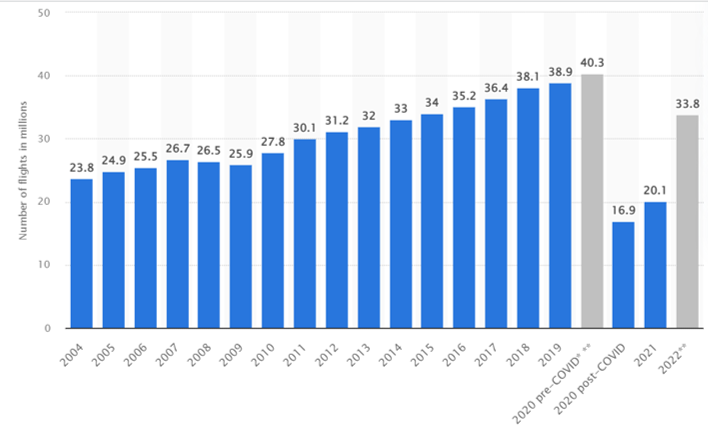Only a few months after KLM lavishly celebrated its 100th anniversary, the corona pandemic broke out in full force. One of the world’s oldest airlines entered a crisis of unprecedented magnitude. Hardly any other sector was hit so hard by the corona restrictions as the global aviation and travel industry. KLM was forced to take numerous measures to deal with the situation. The structure and size of the company were drastically adjusted and a total of 5.000 jobs disappeared at the Air France-KLM Group. At the lowest point of the crisis, the KLM network had to be reduced to less than 10% of its flights.
The support of the Dutch government, in the form of a direct loan and guarantee on bank loans, and the deep restructuring that took place within the company, enabled KLM to face the crisis and successfully survive. Recovery started during the second half of 2021 and despite the conflict in Ukraine and the closing of Russian airspace, causing all flights to and from South Korea, China and Japan to be rerouted, the first half of 2022 a positive operational result was achieved. The upward trend in the number of bookings and the improved financial situation, made it possible to repay the entire loan package that was obtained from the Dutch government, by mid-2022. During the third quarter of this year, the Air France-KLM group continued to reduce its debt position and the first operating profit could be presented.
However, the aviation industry still has a long way to go towards a full recovery. While Air France managed to achieve a stable operation again, KLM is still struggling with the ongoing problems of labour shortages in the Netherlands. In the past months, this has led to long queues at Schiphol and substantial capacity reductions. The turbulence is not over and the “fasten your seat belts” signal will have to stay on for a while.
At our last DBC lunch of 2022, we had as special guest Max Ligthart, commercial director of the Air France – KLM group in Spain and Portugal. Max explained how the Air France-KLM Group is fully committed to reducing its environmental impact, aiming to reduce its CO2 emissions per passenger/km by 30% before 2030 (compared to 2019). Alternative sustainable aviation fuel (SAF), recycling, new and innovative airplanes, reforestation, and collaboration with railway companies for short distance travels, are the points of focus on the road map towards this sustainability goal.
At the conclusion of our lunch, we were invited by the Haciendas Warehouse for a glass of cava and a toast to the holiday season.







